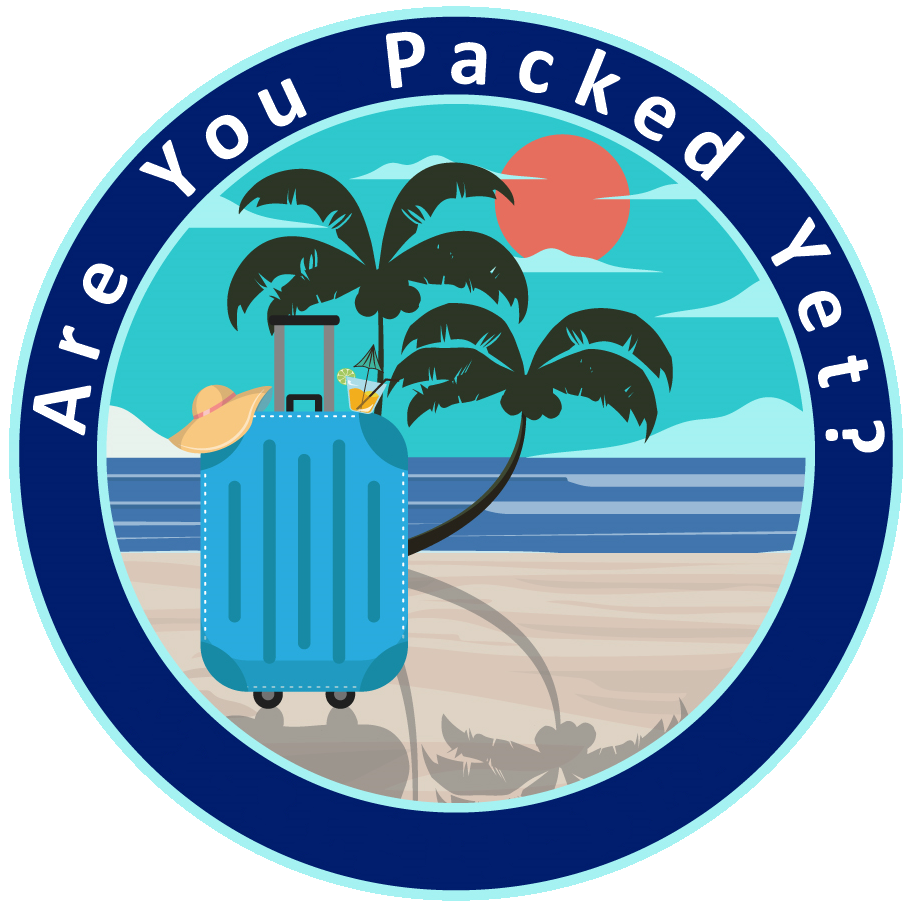Travel Safety Tips
Travel should be fun and relaxing, but if extra peace of mind is needed, you might consider buying a travel insurance policy for your vacation. Just in case the unexpected does happen!
As a general rule, you should always take reasonable precautions to ensure your personal safety and security.
General Travel Safety Tips
Make the most of any vacation by taking note of the following travel tips. We recommend that you print a copy of this list as a reminder to make safety your No. 1 priority. Also keep a printed copy of your domestic or international travel insurance plan (if purchased) with it—just in case.
- Check the status of your flight before heading the airport. Most airlines want you to check in at least an hour (two hours for international flights) before your flight is scheduled to depart.
- Allow plenty of extra time at the airport (generally 2 hours prior to departure). Changing security procedures have increased the time needed to check in. Build in more time if traveling with young children, infants or people with disabilities.
- Check with your airline to see if curbside check-in is available.
- FAA guidelines are being updated often. find the latest from the FAA.
- Remember most airlines only allow travelers one carry-on item plus one personal item such as a purse, briefcase, laptop computer, or small book bag-style backpack. Other personal items allowed include coats, child safety seats, diaper bags, books or newspapers, small bags of food and assistance devices such as wheelchairs, walkers and oxygen. These carry-on allowances vary from carrier to carrier. Please confirm what is allowed with your carrier before leaving home.
Travel Safety Tips at the Airport
- Keep your bags and personal belongings within reach at all times.
- Do not accept packages from strangers.
- Do not joke about having a bomb or firearm. Do not discuss terrorism, weapons, explosives, or other threats while going through the security checkpoint. Security personnel are trained to consider the slightest mention of these topics as a serious threat.
Checking In and Security Checkpoint
- Check with the Transportation Safety Administration for the most up to date information to get you through security quickly.
- Check with the Department of Homeland Security for any questions regarding REAL ID.
- Remember, only ticketed passengers are allowed beyond the security checkpoint. Be prepared to show identification at the ticket counter and security checkpoint.
- Electronic items such as laptop computers and cell phones may be subject to additional screening. Be prepared to power on electronic items for screening personnel. Also, be prepared to remove your laptop from its travel case so it can be X-rayed separately.
International Security Tips
- Lost passport: Call local police and the consulate. Temporary passports are available.
- Tip: Pack a photocopy of your passport separately from the original and carry an additional passport picture. This will expedite the replacement process if the original passport is lost or stolen.
- In the event of a riot or civil unrest, go to your hotel and call the consulate and your airline. Do not go to the airport without a confirmed ticket or assurance that it is safe.
- International law requires that the American consulate (U.S. Interests Section, if no consulate) be notified if you are arrested or detained. You are entitled to a timely visit by a consular officer. They will notify family, aid in money transfer, and ensure you receive fair treatment.
General Security Tips
Whether you are traveling domestically or abroad: be safe, be aware and don't become a victim.
- Do not carry large quantities of cash. Using your credit cards while abroad is as easy as it is at home, just let your financial institution know where and when you'll be travelling.
- When traveling to a foreign country, always carry the required travel documents such as your passport, visa and tourist cards.
- Be aware of local scam artists; always assume you are being watched. Remember, if it sounds too good to be true, it usually is.
- Always inform others of your plans (family, consulate/embassy).
- If mugged, cooperate with the assailant and voice your willingness to comply by saying, "You can have anything you want. Do you want me to get it or do you want to get it?" Avoid eye contact. Keep $25-$100 in your pocket as insurance. If hostile, offer additional money or possessions that the robber may have overlooked.
- Avoid viewing maps in wide-open spaces.
- Leave copies of all your information (credit cards, passport numbers, travelers checks, air tickets) with family or friends at home.
- Avoid walking alone at night.
- Do not take shortcuts. Stay on well-traveled streets.
- Avoid demonstrations and acts of civil disobedience. Seek immediate shelter in hotels, restaurants, police stations, etc.
- Withdraw money from ATMs only during daylight hours, preferably in banks or hotels.
- Never leave valuables in plain view in your car. Lock items in your trunk before reaching your destination.
Lodging Safety Tips
- Take hotel room keys with you to the pool or spa.
- Verify that window and door locks are secure.
- Be careful of exits and elevators on your way to the room. Be aware of anyone loitering around the lobby.
- Close your door tightly when entering or leaving your room.
- Do not place ski or dive gear on the balcony.
